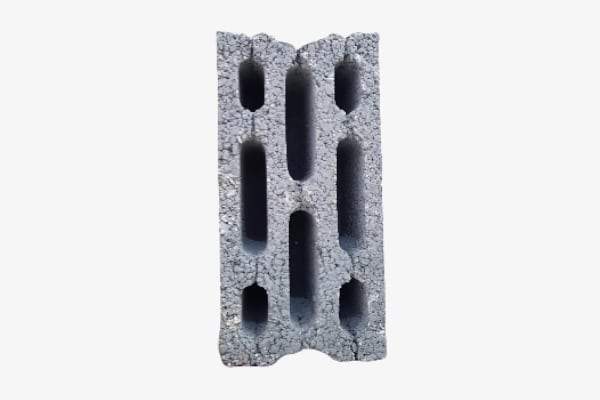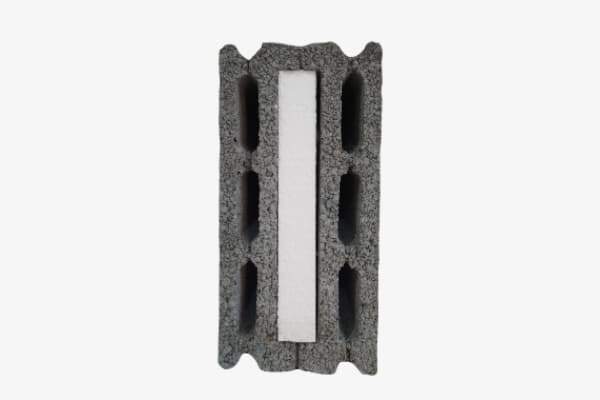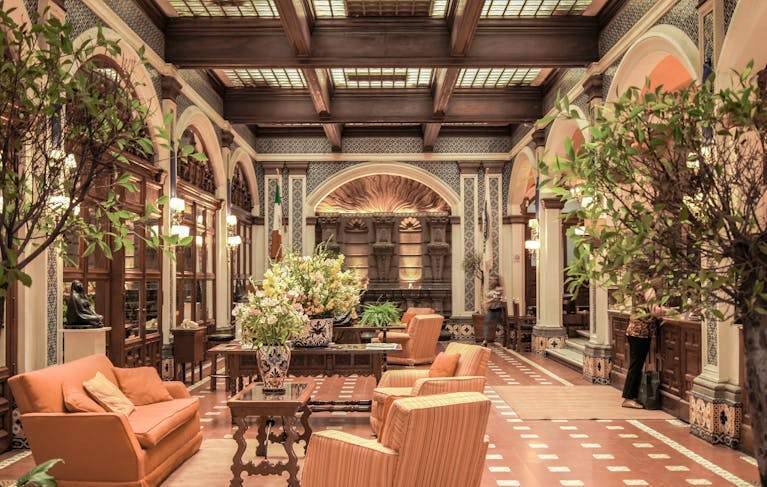Floor Finishes and Types: A Comprehensive Guide
Floor finishes are the final touch in building construction, combining functionality with aesthetics. This article explores common flooring materials, their characteristics, uses, and maintenance requirements. Key topics include marble, ceramic, porcelain, wood, and HDF flooring, along with their advantages and ideal applications.
1. Marble Flooring
Marble is a timeless choice known for its elegance and durability. Available in colours like grey, black, and red with white veining, it suits entrances, stairs, and high-traffic areas such as hotel lobbies. In luxurious settings, marble floor finishes can significantly enhance the space.
Pros :
- Luxurious appearance.
- Resistant to heat and scratches.
Cons :
- Porous surface (absorbs liquids and acidic substances).
- Requires regular polishing and careful cleaning.
Maintenance tip: Use pH-neutral cleaners and avoid abrasive tools to preserve its shine.

2. Ceramic Flooring
Ceramic tiles mimic marble’s look but offer greater practicality. They are ideal for residential and commercial spaces, including kitchens and bathrooms, offering versatile floor finishes.
Key Features :
- Resistant to moisture, heat, and stains.
- Easy to clean and available in mosaic or large tiles.
Uses : Floors, walls, and outdoor areas.
3. Porcelain Flooring
Porcelain is a dense, durable material with a single-layer structure. It outperforms marble in resisting water absorption and scratches, making it a popular choice for floor finishes in high-traffic areas.
Types :
- Glossy Porcelain : High-shine finish for living rooms and dining areas.
- Matte Porcelain : Slip-resistant, suitable for kitchens and commercial spaces.
Advantages :
- Low maintenance (no polishing needed).
- Affordable compared to natural stone.

4. Wood Flooring (Parquet)
Wood adds warmth and natural beauty to spaces. Popular options include oak, beech, and bamboo. Additionally, wood floor finishes are known for their unique patterns and textures.
Applications :
- Living rooms, bedrooms, and offices.
- Treated versions for kitchens and bathrooms.
Care :
- Avoid excessive moisture.
- Refinish periodically to maintain appearance.
5. HDF Flooring
High-Density Fiberboard (HDF) is an engineered wood product. It combines affordability with resilience, making it a popular choice for modern floor finishes.
Benefits :
- Scratch-resistant surface.
- Moisture-resistant compared to traditional parquet.
- Printed designs mimic real wood.
Ideal for: Budget-friendly projects requiring a wooden look.
Comparison Table: Flooring Materials
| Material | Durability | Maintenance | Best For |
|---|---|---|---|
| Marble | High | High | Entrances, luxury spaces |
| Ceramic | Moderate | Low | Kitchens, bathrooms |
| Porcelain | Very High | Low | High-traffic areas |
| Wood | Moderate | Moderate | Residential living areas |
| HDF | High | Low | Budget-friendly projects |
Frequently Asked Questions (FAQ)
Q1: Which flooring is best for humid areas?
A: Ceramic and porcelain are ideal floor finishes due to their moisture resistance.
Q2: How to maintain marble floors?
A: Use neutral cleaners, avoid acids, and polish periodically.
Q3: Can wood flooring be used in kitchens?
A: Yes, if treated with protective coatings to resist water.
Q4: What is the cost difference between HDF and parquet?
A: HDF is generally 30–50% cheaper than solid wood parquet.

Conclusion
Choosing the right floor finishes depends on budget, usage, and aesthetic preferences. While marble offers luxury, porcelain and ceramic provide practicality. Wood and HDF deliver natural appeal with varying maintenance needs. Assess your space’s requirements to make an informed decision about floor finishes.







